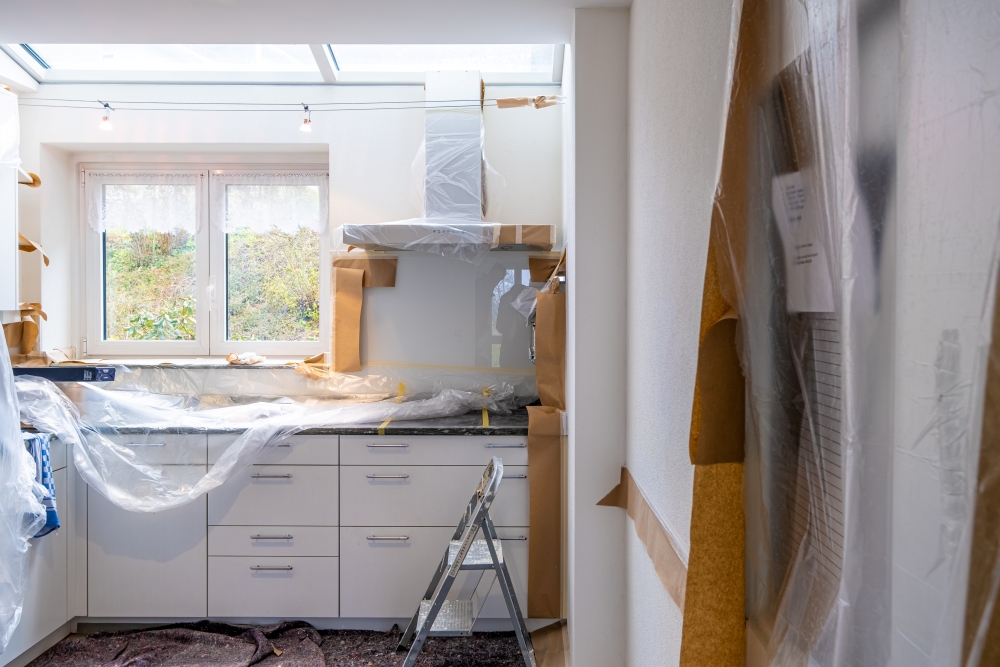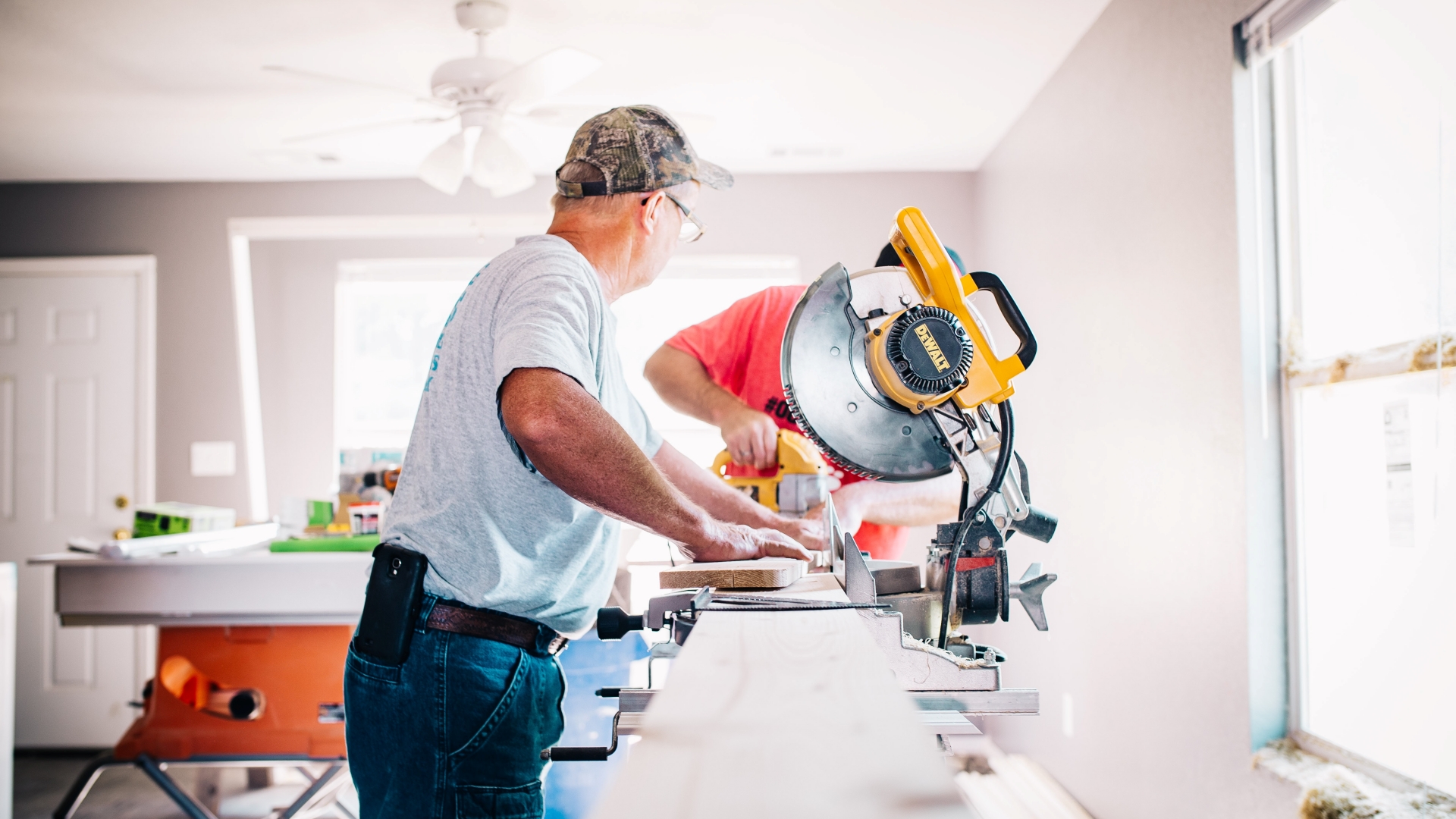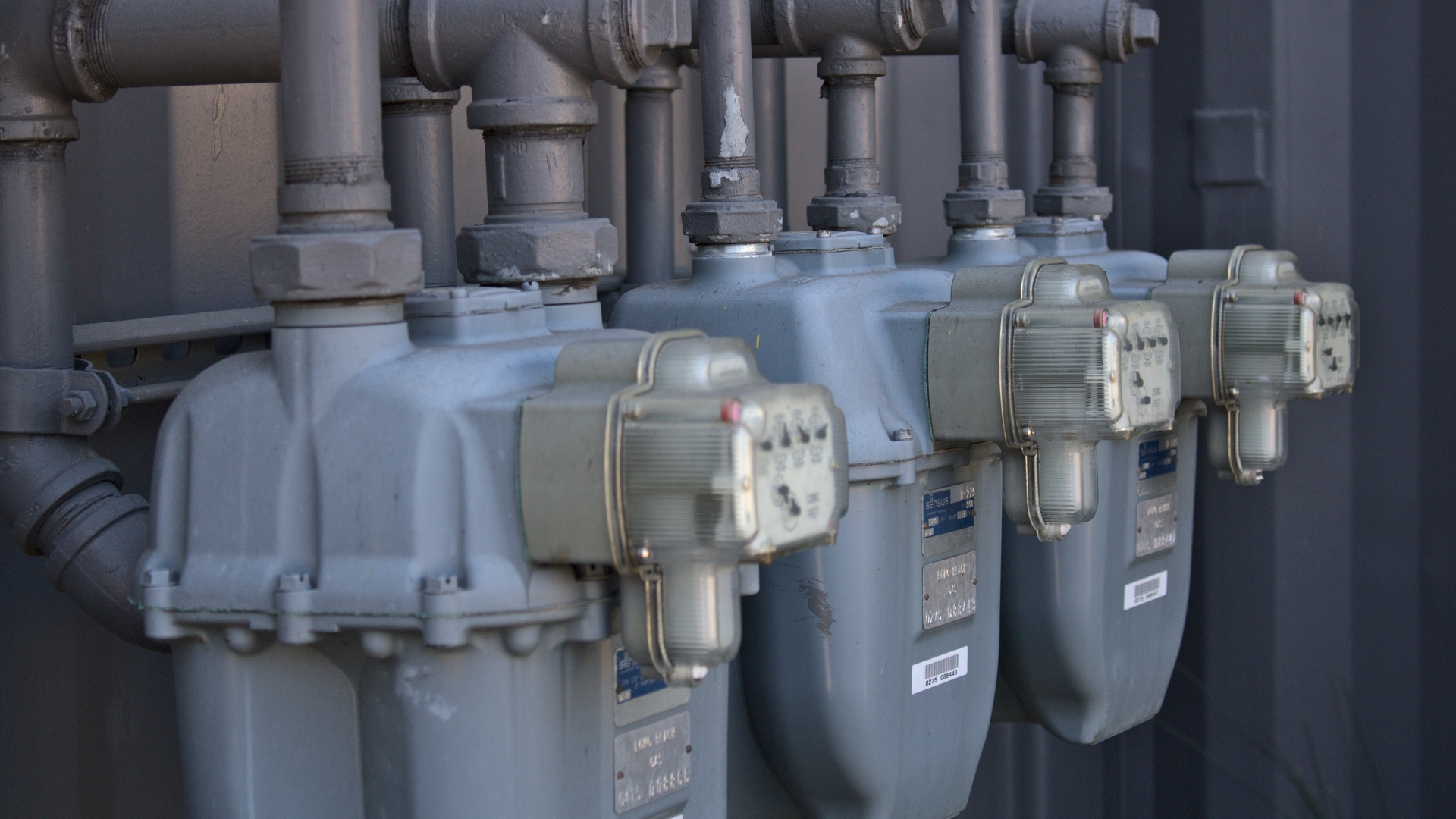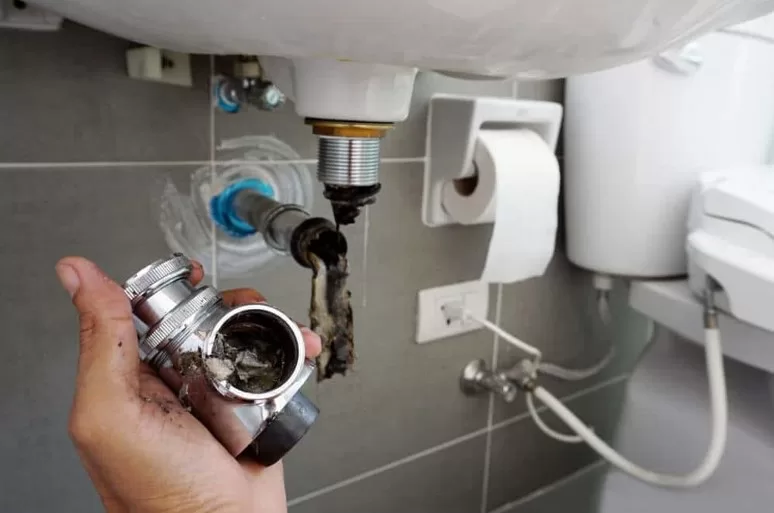Renovating your bathroom and kitchen can be an exciting prospect, but it’s important to do your due diligence before making any big decisions. From budgeting for the project to choosing materials, countless factors should be taken into consideration when planning a renovation. Here are 7 of the most important things to consider before renovating your bath and kitchen. Whether you are new to home renovations or have done them numerous times, these tips will help ensure that your remodeling experience is as successful – and stress-free – as possible.
1. Research Potential Contractors
This is perhaps the most important step in the remodeling process. Finding reliable, qualified, and affordable contractors is critical to making sure that your project is completed on time and within budget. Make sure you get multiple contractor quotes and read reviews online before settling on one particular contractor. Finding kitchen and bathroom remodeling contractors is not always easy, but it is an essential step in the process because a good contractor can make all the difference. When evaluating contractors, it is important to consider their experience, the quality of their work, and the scope of the project they are willing to take on.
2. Determine a Budget
The next step is to determine your budget for the project. Be realistic about what you can afford and make sure to factor in any potential changes or upgrades that you may need throughout the project. It’s also important to have some wiggle room in case unexpected costs arise during construction. Maybe you’ll need to buy new fixtures or appliances or you may even have to hire additional contractors. All of these costs should be taken into account when budgeting for the project. And, make sure to stick to your budget once the renovation gets underway because the costs can quickly spiral out of control if you’re not careful.
3. Choose Materials Wisely
When selecting materials for your bathroom or kitchen renovation, it’s important to consider how they will look, feel, and hold up over time. Tile, countertops, cabinetry, and fixtures should be carefully selected so that they match your aesthetic preferences as well as fit into your budget. You should also consider the durability of the materials you choose. It’s best to opt for high-quality items that will last for several years and provide a return on your investment. When selecting materials, be sure to research options and consider the pros and cons of each before making a final decision.
4. Consider Energy Efficiency
When planning a home renovation, make sure to consider energy efficiency. Today, there are numerous options available when it comes to energy-efficient appliances, lighting, ventilation systems, and more. Installing these types of features can save you money in the long run while helping protect the environment at the same time. This is especially important if you will be renovating your kitchen or bathroom, as these are the two rooms that consume the most energy in a home. Also, make sure to purchase any energy-efficient items with the correct wiring and insulation so that they perform as expected.
5. Update Plumbing Fixtures
This is something that often gets overlooked during bathroom and kitchen renovations but is just as important as selecting new tile or countertops. Upgrading old plumbing fixtures such as sinks, toilets, and showerheads can help reduce water consumption while also improving the look and feel of the room. If you are building a new bathroom or kitchen from scratch, make sure to ensure that your plumbing fixtures meet today’s energy-efficient standards.
6. Plan for Storage
When planning a renovation, it is important to consider how much storage space you need. Make sure to plan for adequate storage in both your kitchen and bathroom so that everything has its place and there isn’t too much clutter. This will not only make it easier to keep the rooms clean but can also help reduce stress levels by ensuring that all items have their rightful place.
7. Protect Your Home
Make sure to protect your home during and after the renovation process. This means making sure that all power and water sources are turned off before beginning any work, as well as taking safety precautions such as wearing protective gear when dealing with hazardous materials. Once the remodeling is complete, check for any leaks or other damages that may have occurred during construction. If you do find any issues, address them right away to avoid major repairs in the future.

Renovating a kitchen or bathroom can be an exciting and rewarding experience. However, it is important to plan and consider all aspects of the project before beginning. From budgeting to material selection, make sure you take into account all the factors that go into creating a successful renovation. Additionally, don’t forget to protect your home by following safety protocols and addressing any damages right away.











